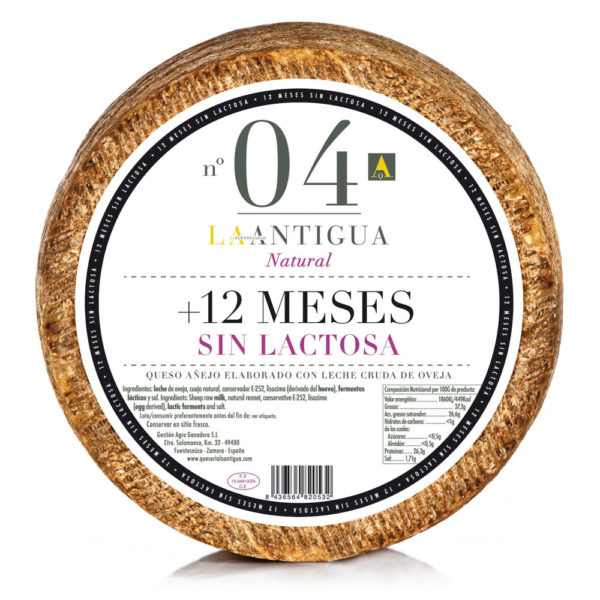It is necessary to be careful when consuming a product, since, at first sight, it may seem that it will not cause any problem, but this is not always the case. In the case of cheese, it is a food that contains different components that can cause allergy or intolerance, we tell you what are the allergens in cheese.
But, before we start… do you know what allergens are? They are those substances in food that cause an allergic reaction in the body.
There are also foods or nutrients that cause our system to not be able to digest them correctly, this is known as intolerance and is very common in the case of lactose (in dairy products).

Main allergens in cheese
Cheese is part of the dairy sector, and since it is derived from milk, it acquires its main allergens, which are:
Milk protein. This element causes one of the most frequent allergies in dairy consumers, especially in infancy. It can derive in cutaneous, digestive (such as abdominal pain, nausea…), respiratory symptoms.
This allergy should not be confused with lactose intolerance.
Lactose: the amount of sugar contained in milk. It is made up of glucose and galactose. As mentioned above, it is one of the main intolerances and is caused by insufficient lactase in the stomach, which results in poorer digestion of the amount of sugar contained in dairy products. Its main symptoms are bloating, gas or diarrhea.
But this does not mean having to stop consuming dairy products, as many products have been adapted to the “lactose-free” category.
There is also the possibility that the problem with dairy products is not intolerance but allergy, causing the immune system to show sensitivity to their consumption and resulting in an allergic reaction.

Egg: Eggs are a product widely used in the production of cheese, essentially the egg white. It is used in rawmilk cheeses to prevent the formation of bacteria that can cause problems in cheeses.
An egg protein known as “Lysozyme” is also commonly used in cheese making.
Gluten: Gluten is a small seed that we can find in many cereals, it can also cause allergic reactions and intolerances.
In the case of cheese, you do not have much to worry about, since artisanal cheeses do not contain this type of protein. However, it can appear in cheeses that have been produced industrially, for example in the additives used to maintain a good appearance of the cheese or to improve its durability.

Now that you know what the main allergens in cheese are, if you are allergic or intolerant, it is very important to check the labels of these products. The list of allergens contained in the cheese must appear on the packaging to avoid allergic reactions or discomfort in intolerant people.
